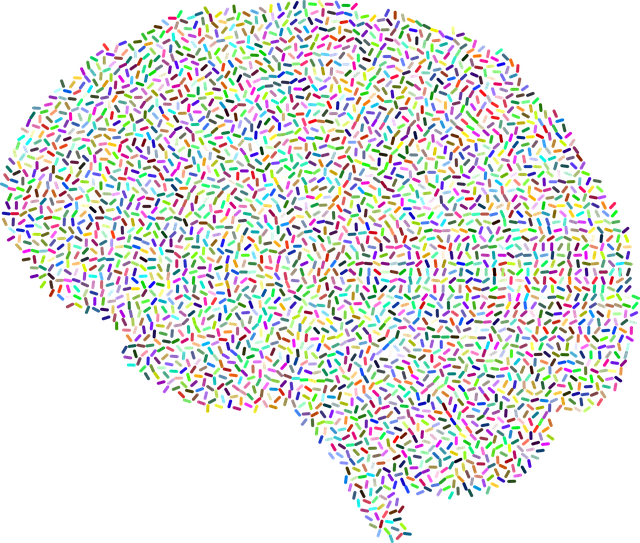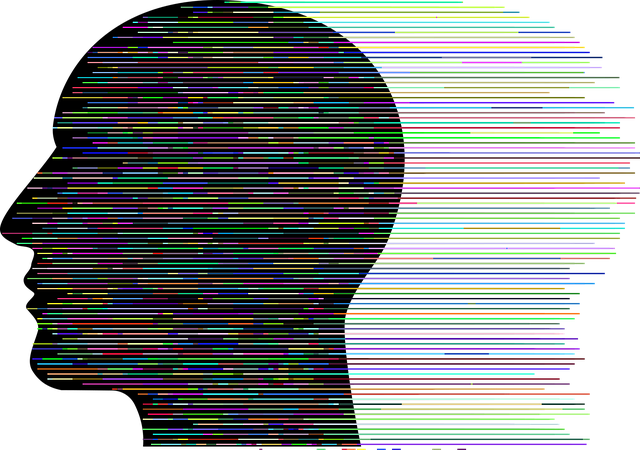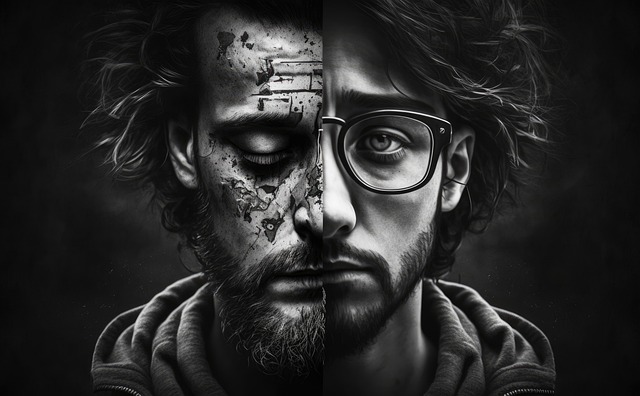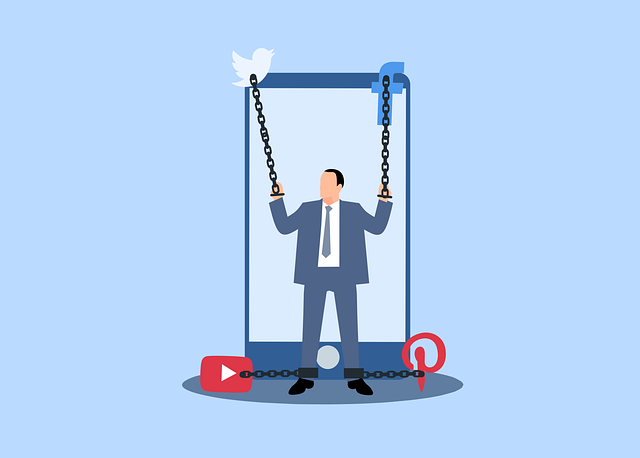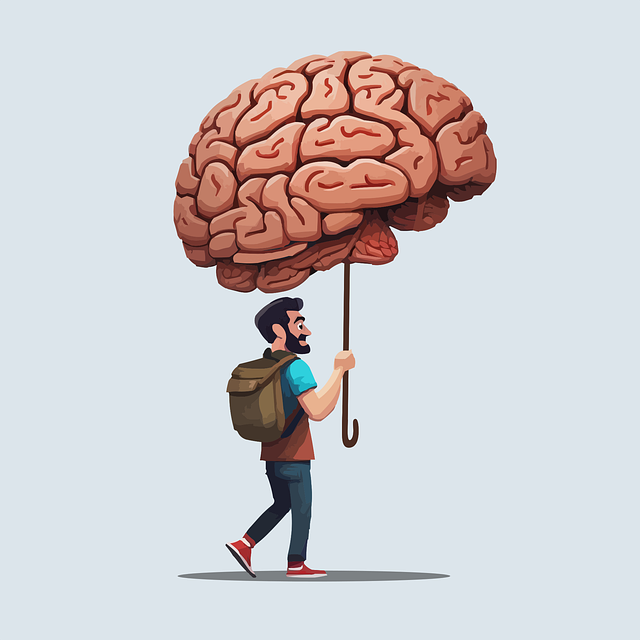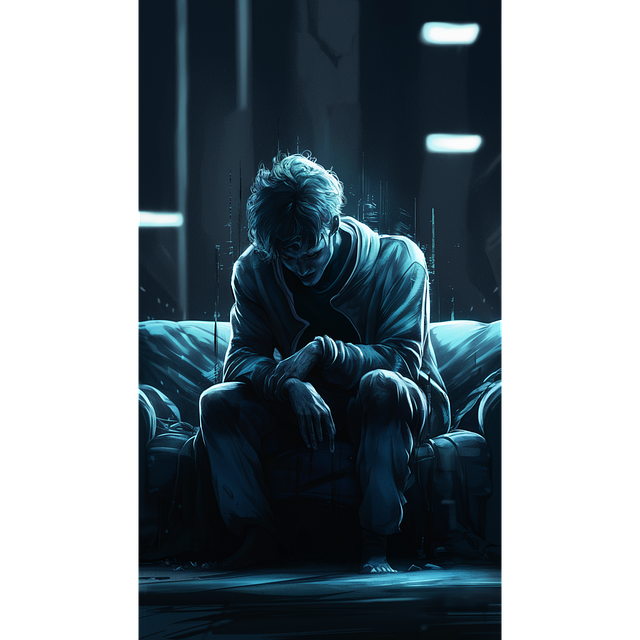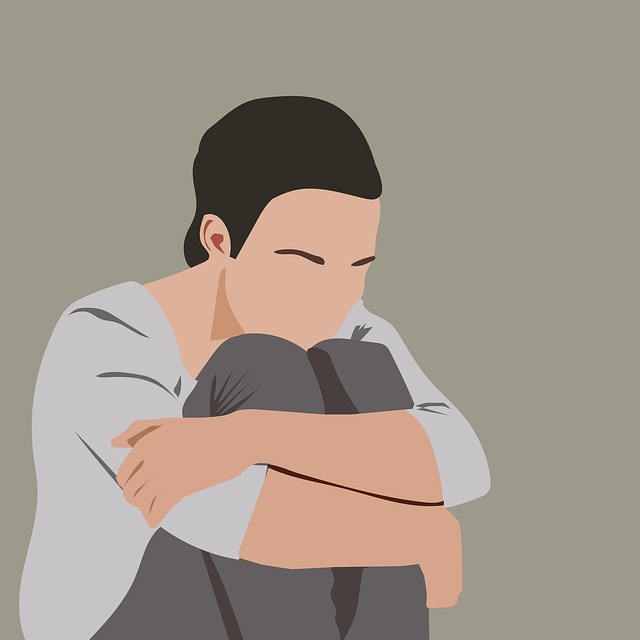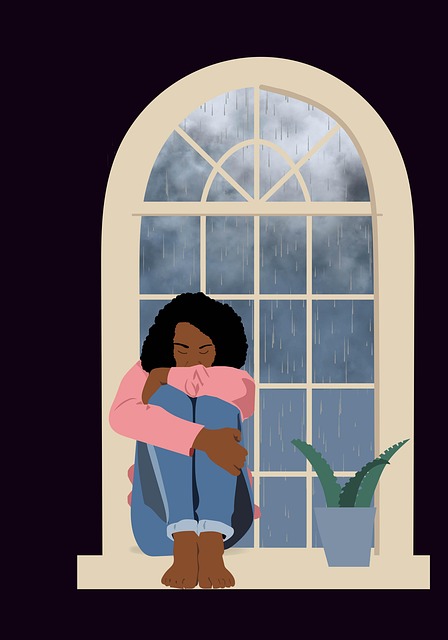The Centennial Crisis in Counseling highlights the need for accessible, digital-first mental wellness solutions tailored to young people facing 21st-century challenges. Traditional methods fall short amidst rapid technological change and digital connectivity. To address this, evidence-based apps like Centennial Crisis Counseling Therapy integrate UX design with mindfulness, CBT, and stress management tools. These apps, coupled with podcasts and AI-driven analytics, offer personalized guidance, breaking down barriers to care. While innovative, such solutions must be seamlessly integrated into professional risk assessment strategies for comprehensive mental health support.
In an era where mental health challenges are increasingly prevalent, the development of digital solutions like Centennial Crisis Counseling Therapy apps has become paramount. This article explores the urgent need for innovative digital tools to address the Centennial Crisis, delving into the design principles and user experiences that make counseling therapy apps effective. We also gaze towards the future, examining emerging technologies set to transform traditional therapy and their potential impact on mental wellness worldwide.
- Understanding the Centennial Crisis: Unveiling the Need for Digital Mental Health Solutions
- Designing Effective Counseling Therapy Apps: Features and User Experience Considerations
- The Future of Mental Wellness: Exploring Innovative Technologies and Their Impact on Traditional Therapy
Understanding the Centennial Crisis: Unveiling the Need for Digital Mental Health Solutions

In recent years, a growing awareness has emerged regarding the profound impact of mental health issues on our society, marking what is now recognized as the Centennial Crisis in Counseling and Therapy. This crisis highlights the urgent need for accessible and effective mental wellness solutions, especially among younger generations facing unique challenges in the 21st century. The traditional approach to counseling and therapy, while valuable, often falls short in addressing the complex demands of modern life. The rise of digital connectivity and rapid technological advancements have both contributed to and exacerbated mental health struggles, creating a pressing need for innovative solutions.
The Centennial Crisis requires a shift towards inclusive and digital-first mental health services, especially as research suggests that social skills training and compassion cultivation practices can significantly enhance overall well-being. With the right digital tools, Mental Health Policy Analysis and Advocacy can be amplified, ensuring that evidence-based interventions reach those who need them most. By embracing technology, we can break down barriers to care, making therapy more accessible, affordable, and tailored to individual needs, ultimately fostering a healthier and more resilient society.
Designing Effective Counseling Therapy Apps: Features and User Experience Considerations

Designing effective counseling therapy apps requires a deep understanding of user needs and mental health best practices. Apps like Centennial Crisis Counseling Therapy must prioritize features that enhance accessibility, privacy, and engagement. User experience (UX) considerations are paramount; intuitive navigation, personalized content delivery, and interactive elements can foster a sense of comfort and encourage regular use. By integrating evidence-based communication strategies, these apps can provide anxiety relief through techniques such as mindfulness exercises, cognitive behavioral therapy (CBT) tools, and stress management tips.
A well-designed app should also facilitate meaningful connections between users—a feature particularly valuable for those in remote areas or facing social isolation. Incorporating elements like peer support forums, group counseling sessions, or even virtual reality (VR) experiences can foster a sense of community, enhancing the overall effectiveness of outreach programs. Effective communication strategies, combined with a focus on user experience, are key to creating apps that truly make a difference in mental wellness management.
The Future of Mental Wellness: Exploring Innovative Technologies and Their Impact on Traditional Therapy

The future of mental wellness care is being reshaped by innovative technologies, offering new paths to support individuals navigating the Centennial Crisis Counseling Therapy challenges of today’s fast-paced world. Apps designed for anxiety relief and mental wellness podcast series production are gaining popularity as accessible and engaging tools to enhance traditional therapy. These digital solutions provide on-demand resources and personalized guidance, making mental health support more inclusive and convenient.
With advancements in artificial intelligence and data analytics, these apps can offer tailored interventions based on user behavior and feedback. This shift towards tech-driven wellness doesn’t replace the need for qualified professionals; instead, it complements traditional therapy by giving individuals practical tools to manage their mental health between sessions. As the field evolves, a careful balance must be struck, ensuring that emerging technologies are evidence-based and effectively integrated into comprehensive risk assessment strategies for mental health professionals.
The Centennial Crisis demands innovative solutions, and digital mental health apps emerge as a powerful tool. By integrating effective counseling therapy features and prioritizing user experience, these applications have the potential to revolutionize access to mental wellness support. As technology continues to evolve, exploring cutting-edge innovations like AI, VR, and personalized treatment plans will further transform traditional therapy, making it more inclusive and accessible for those seeking help.
